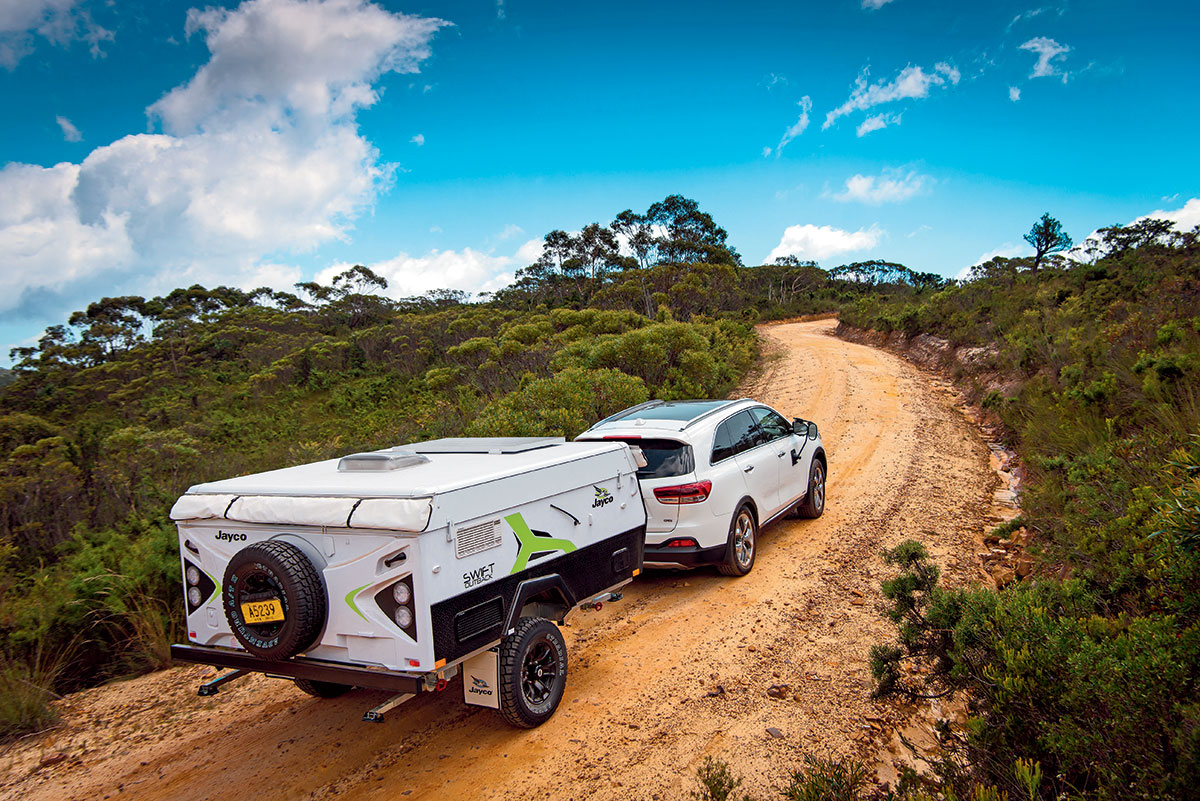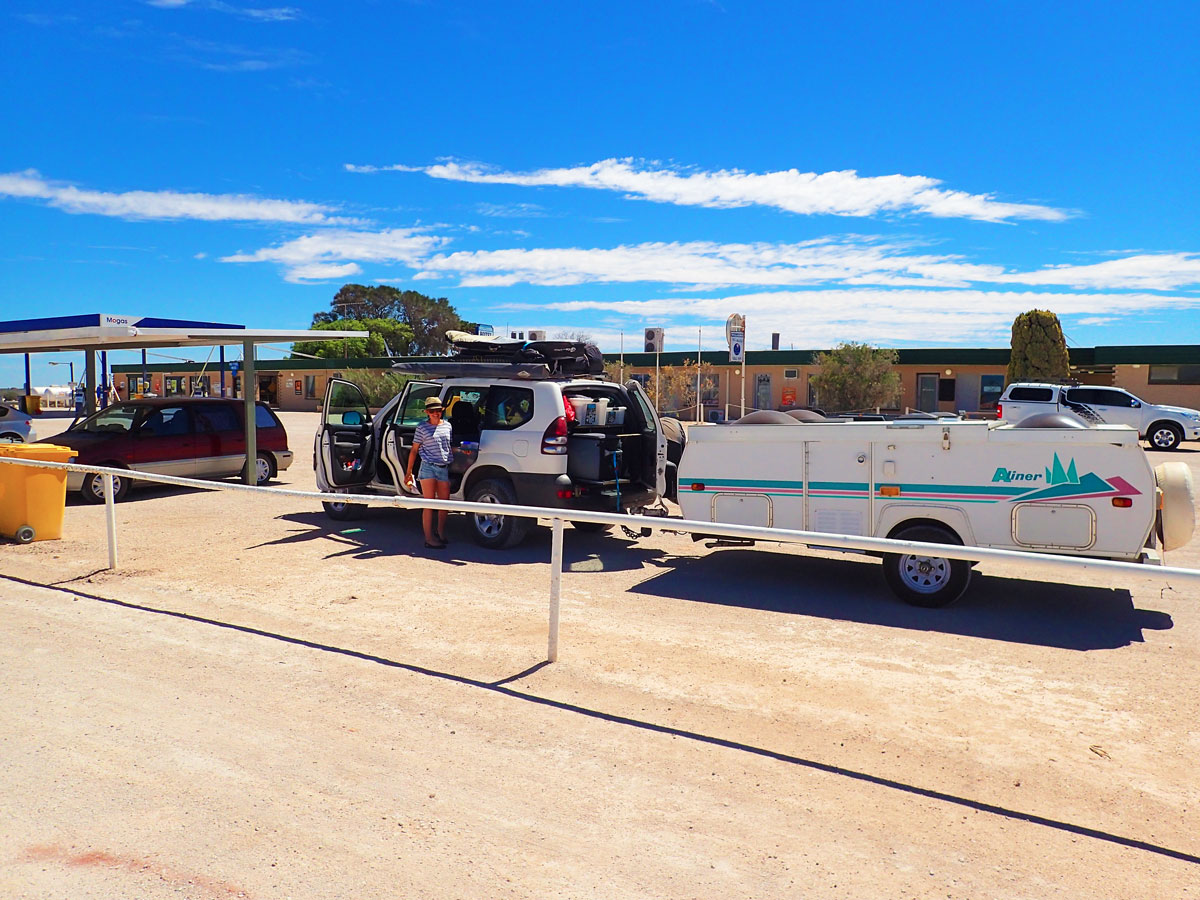Automatic gearboxes have gone from being considered as a no-no for towing to now being by far the commonest choice for of tow vehicle transmission. The modern electronic auto gearbox is tough, efficient and reliable, and with the advent of Tiptronic-style shifters they give the best aspects of manual gearbox operation – the ability to control the shift points and gears to suit the situation – along with the ease of around town or camp site manoeuvring, easy hill start and seamless shifting on poor ground.
But what can we do to optimise our experience when towing with an auto gearbox? Our choice of gearbox use depends largely on what we want to do, and where we want to do it. On softer, resistant substrates, such as mud or sand, losing momentum in a manual shift, where even the momentary disconnection between the driving force of the engine and the drive wheels can be enough to cause the vehicle and towed load to slow greatly and can cause problems. Here is one area where an automatic gearbox has great advantages.
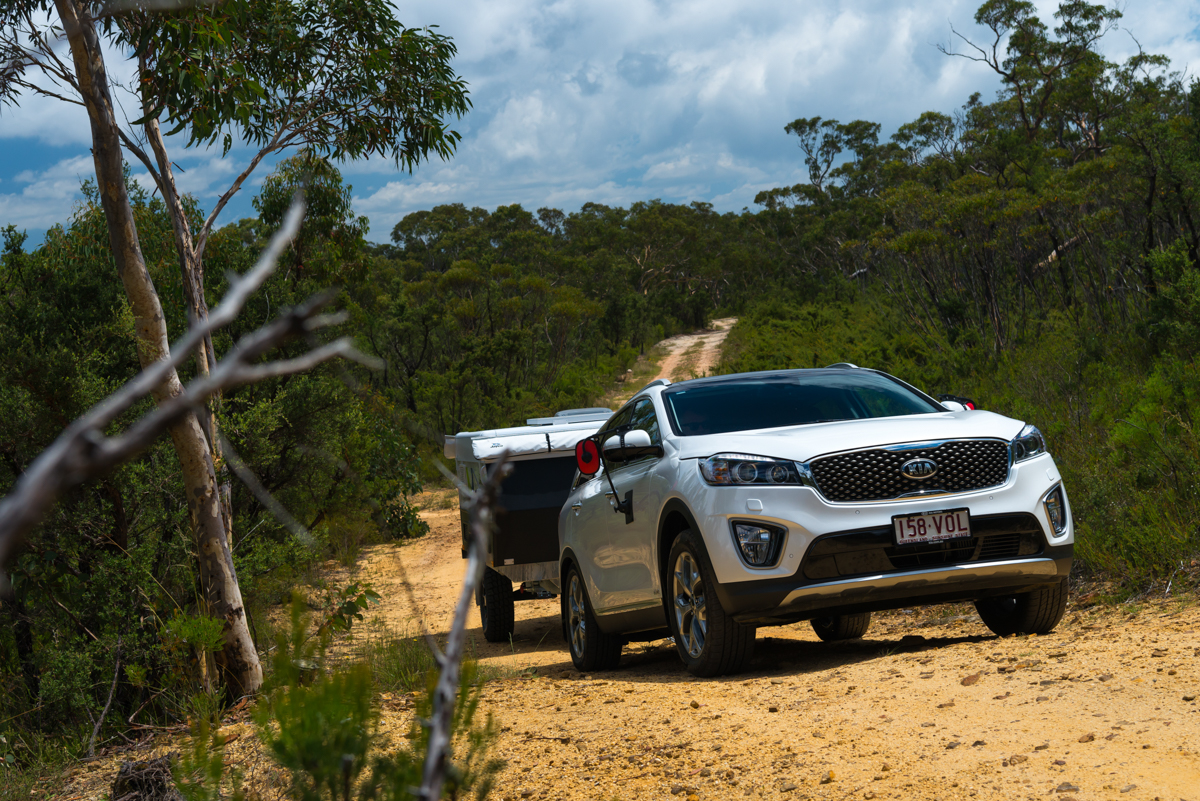
If you only wish to move at a very slow pace, use Drive and allow the gearbox to simply work in low or second gear as you move forward. However, if you want to have some more significant speed, such as on a beach or through sand hills, where a speed of, say, 40kmh might be seen as more appropriate to cover a longer distance and there are no obstacles to negotiate other than the surface of the ground, selecting your gear might be best, and working up to the desired speed in, say, third gear might be a better option.
In a situation where there are hazards to be negotiated, such as crossing a creek, crawling over or around rocks or climbing through a deep gutter, choosing to move in Drive can be a good choice as it removes one area of the many of factors which you have to consider. Let the gearbox pick its gear, and though this may involve some hunting around through ratios you will be free to focus on your path and avoiding obstacles.
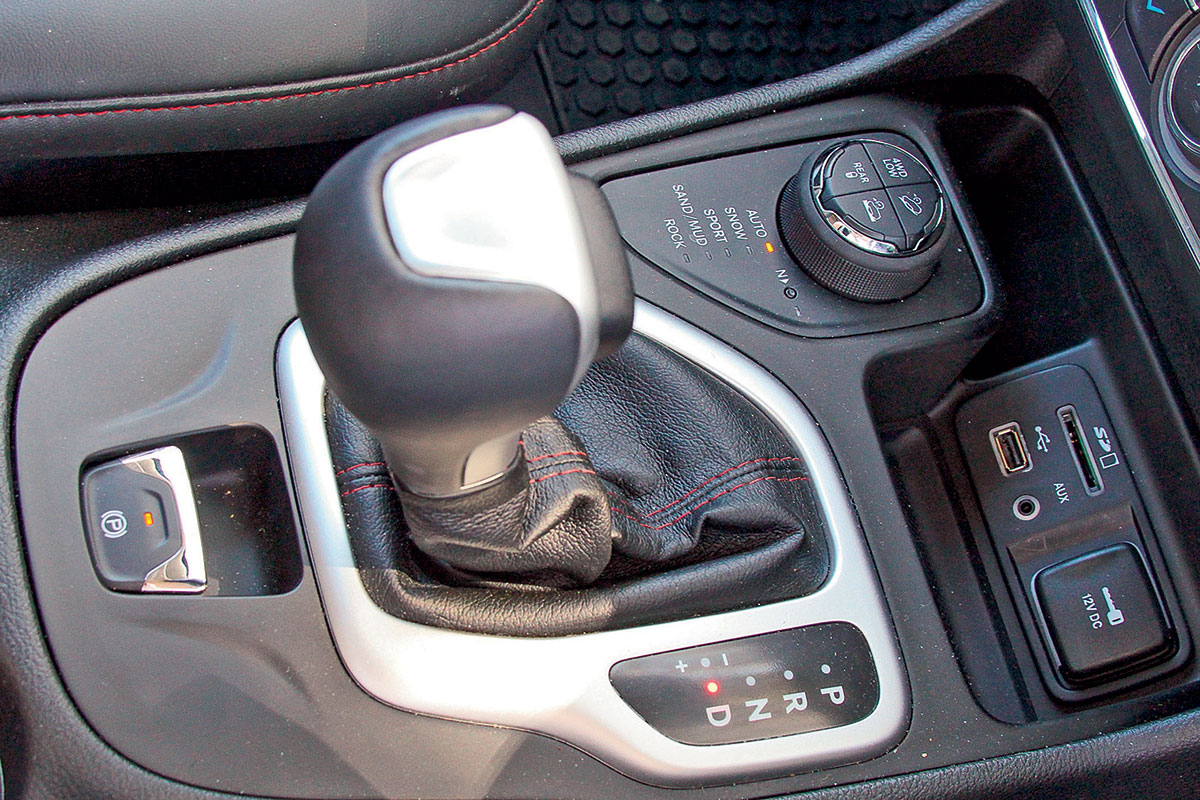
On downhill sections use the manual over-ride capabilities of your gearbox to select a lower gear to reduce the load on your brakes, but most especially with turbo diesels don’t allow the engine revolutions to become excessive.
Modern automatics have a lock-up feature, which forces the two halves of the torque converter to come to lock up and not slip once a certain speed is reached or once the load on the gearbox drops below a certain point. This means that if you are towing your van along a flat highway at, say 90kmh your engine may be doing 1900rpm in top gear Drive. But come to a hill and you will note that while the vehicle – especially if running on cruise control – might maintain 90kmh but the engine revolutions might go up to, say, 2500rpm. That means something is slipping, and that’s the torque converter.
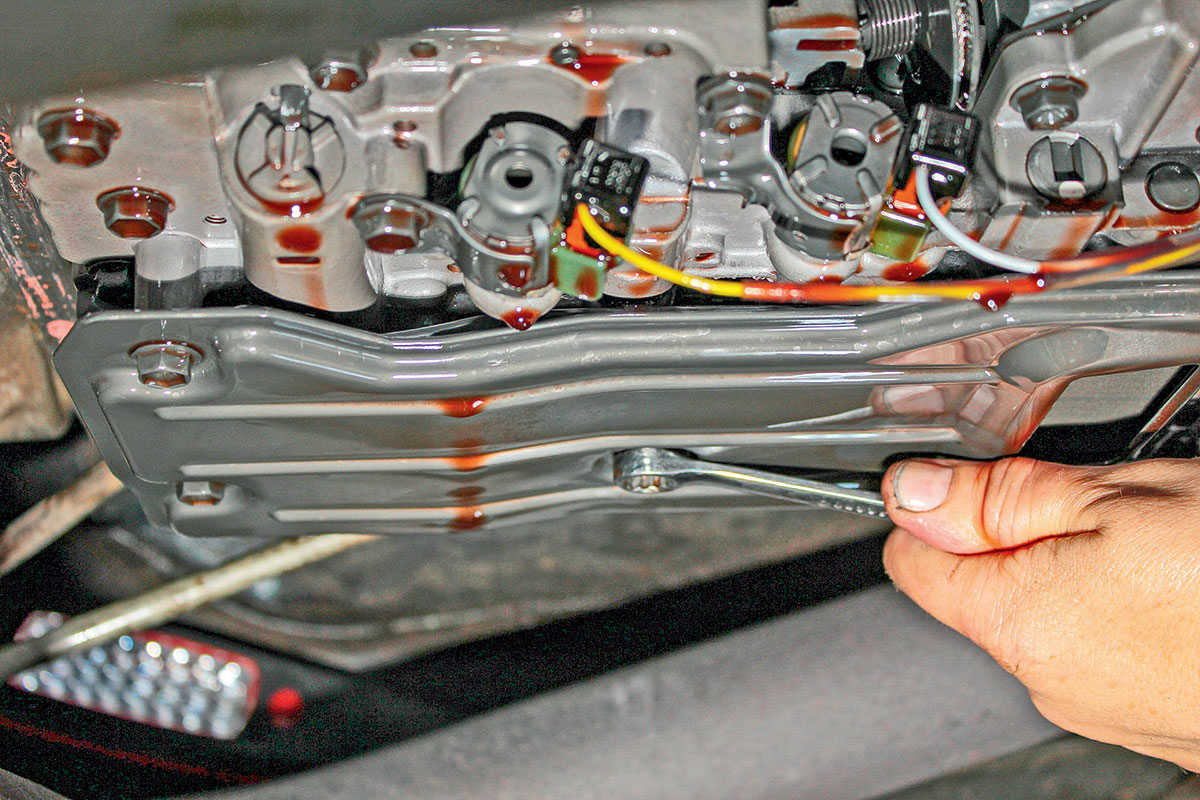
The price of that slip, aside from increased fuel consumption, is heat in the transmission fluid. Most automatic gearboxes will have a transmission cooler, like your engine’s radiator, but this can be overwhelmed by too much slip, causing the gearbox and its contents to overheat. Prolonged for too long at too high a temperature this slip can lead to early gearbox failure.
By watching the tachometer to keep an eye on engine revs you can manually shift your gearbox down a gear, which will remove some of the excess load off the gearbox and allow the converter to lock up again, causing the gearbox temperature to remain under control.
Keep an eye on warning lights or, if you have a tow vehicle that is well equipped enough to have a transmission temperature gauge, the readout of that gauge. Automatic transmissions function via a hydraulic link called a torque converter. It’s the inherent slip in this component that enables you to simply come to a stop with the engine running, but the torque converter can also slip while you are driving along. An acceptable temperature is 80 degrees C, which will permit the fluid to last a long time, but temperatures above this (as little as 10 degrees C high will halve the life of the fluid) cause the fluid to lose its lubricating and friction characteristics, seals begin to harden and lose their retention capabilities and blockages begin to form internally, reducing the gearbox’s efficiency and slip to increase, further enhancing all the problems.
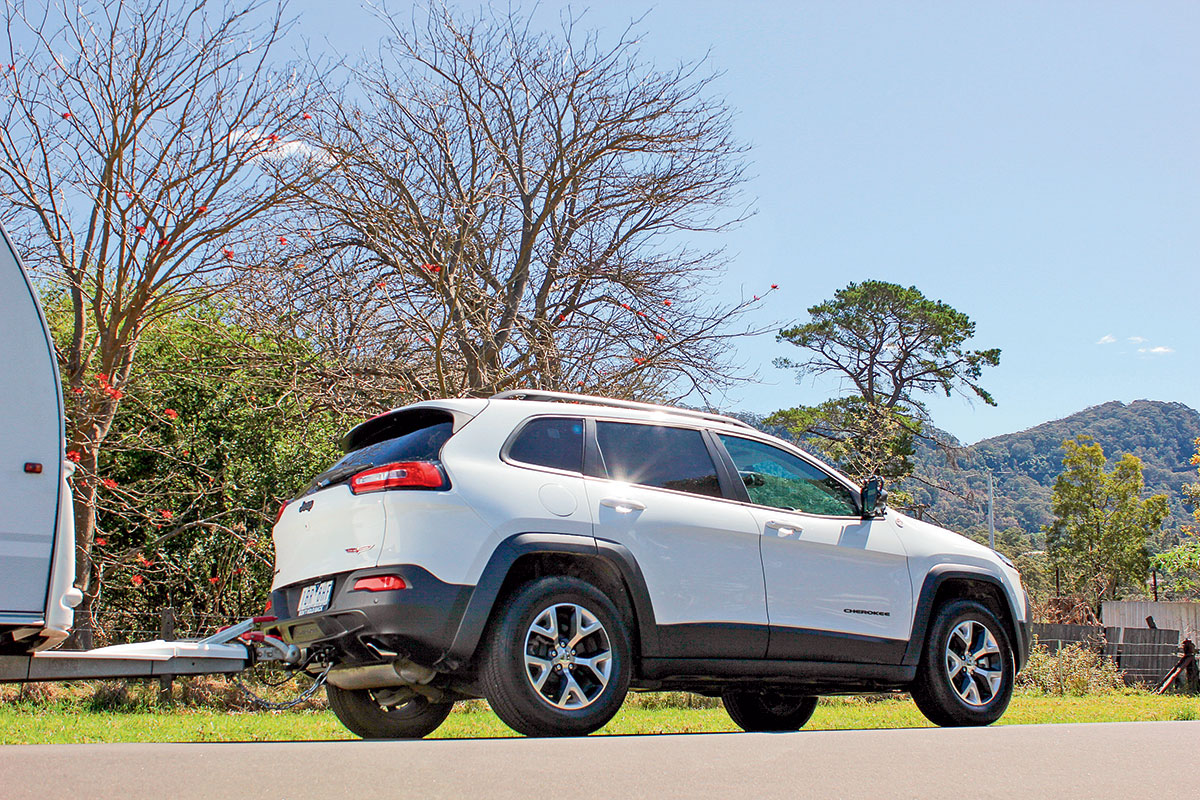
Have your automatic gearbox and its fluid regularly checked (every two years and/or 40,000-50,000km is a good option if not towing, or every 12 months and 25,000km if doing a lot of towing). Don’t believe manufacturer claims that the gearbox is sealed and you don’t ever need to change the fluid, and at any sign of excess blackening of the contents have the gearbox properly flushed and fresh transmission fluid added.
Note also that some vehicles are recommended to have a different or even a first transmission cooler for towing use. Check with your manufacturer if you didn’t select such an option when purchasing or you bought secondhand and had no choice in its fitout. Estimates are that 90 percent of automatic transmission failures are due to overheating caused by transmission fluids that should have been replaced. The minimum cost of repairing a modern automatic is about $1500, and can be much higher. Don’t allow this to happen to you.

